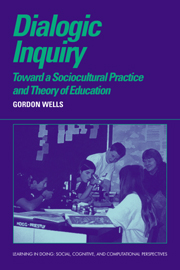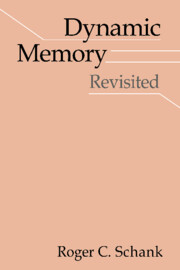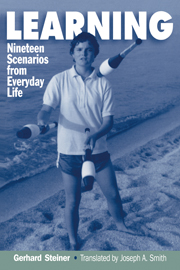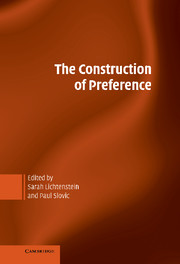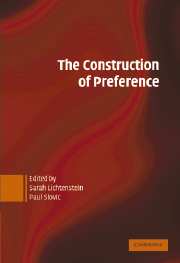Dialogic Inquiry
For more than a quarter of a century, the polemics surrounding educational reform have centered on two points of view: those who favor a 'progressive' child-centered form of education, and those who would prefer a return to a more structured, teacher-directed curriculum, which emphasizes basic knowledge and skills. Vygotsky's social constructivist theory offers an alternative solution, placing stress on co-construction of knowledge by more and less mature participants engaging in joint activity together, with semiotic mediation as the primary means whereby the less mature participants can seek solutions to everyday problems, using the resources existing in society. In addition to using illustrative examples from classroom studies, a comparative analysis of the theories and complementary developments in works by Vygotsky, and the linguist M. A. K. Halliday, are provided. This unique volume will be of tremendous benefit to those in the field of education, as well as to sociolinguists, psychologists and researchers.
- Offers an approach to education for a 'knowledge society'
- Author is highly visible and lectures widely
- Based on collaborative research with teachers
Product details
January 2000Paperback
9780521637251
392 pages
229 × 154 × 23 mm
0.54kg
7 b/w illus. 9 tables
Available
Table of Contents
- Conventions of transcription
- Introduction
- Part I. Establishing the Theoretical Framework:
- 1. The complementary contributions of Halliday and Vygotsky to a 'language-based theory of learning'
- 2. In search of knowledge
- 3. Discourse and knowing in the classroom
- Part II. Discourse, Learning, and Teaching:
- 4. Text, talk, and inquiry: schooling as semiotic apprenticeship
- 5. Putting a tool to different uses: a reevalution of the IRF sequence
- 6. From guessing to predicting: progressive discourse in the learning and teaching of science
- 7. Using the tool-kit of discourse in the activity of learning and teaching
- 8. Making meaning with text: a genetic approach to the mediating role of writing
- Part III. Learning and Teaching in the ZPD:
- 9. On learning with and from our students
- 10. The zone of proximal development and its implications for learning and teaching
- Appendices
- References
- Indexes.

